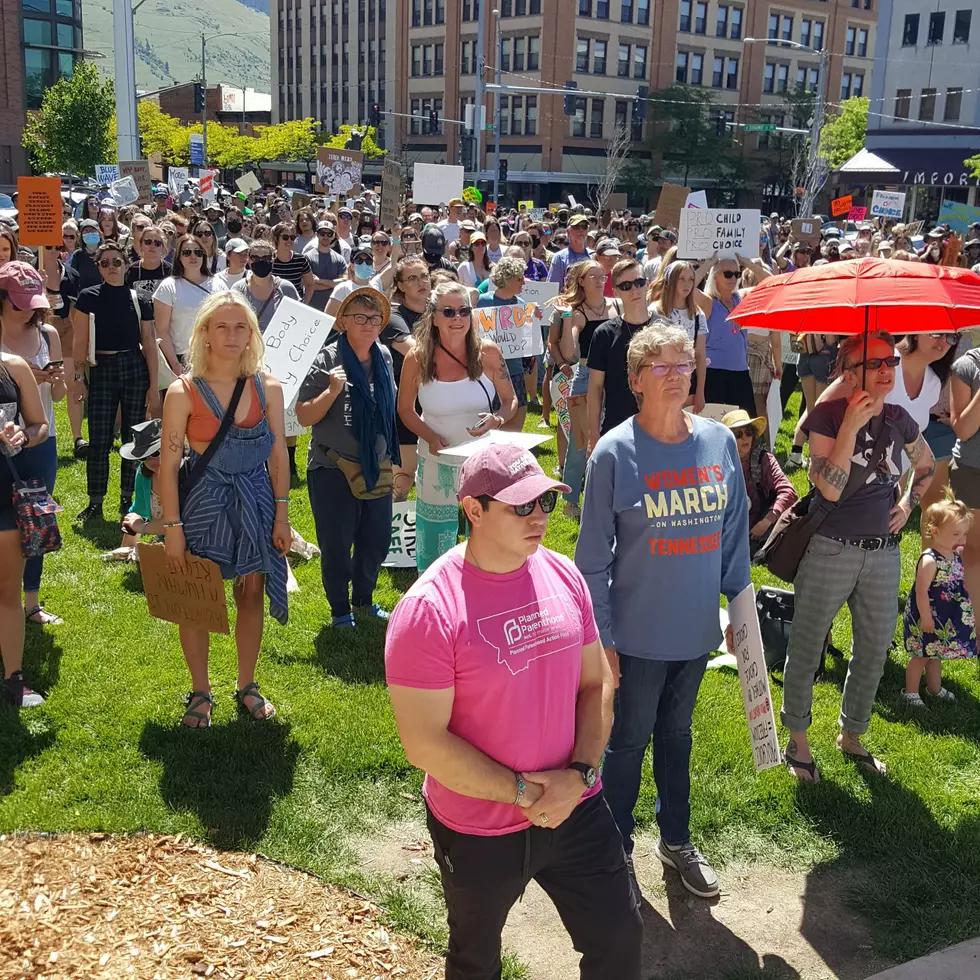
Planned Parenthood of Montana halts medication abortions for patients from ‘trigger law’ states
Planned Parenthood of Montana will no longer be providing medication abortions to patients in South Dakota and three other states with “trigger laws,” according to an all-staff email sent by organization President and CEO Martha Fuller Thursday.
South Dakota, along with Arkansas, Missouri and Oklahoma, have total bans on abortion care that went into effect via “trigger laws” that went into effect after the U.S. Supreme Court overturned Roe vs. Wade — the case which had guaranteed some form of federal protection for the medical procedure.
In Fuller’s email she said that PPMT has seen a “significant number of patients” seeking care from South Dakota.
Every state bordering Montana has “trigger laws” in place, with South Dakota’s already in effect and Wyoming and North Dakota to follow within a month. Planned Parenthood filed a lawsuit with Idaho’s Supreme Court earlier this week to block its trigger law banning nearly all abortions, the Idaho Capital Sun reported.
Fuller said in the email to comply with the change, all medication abortion patients would be required to provide proof of residency.
“The risks around cross-state provision of services are currently less than clear, with potential for both civil and criminal action for providing abortions in states with bans,” Fuller said in the email.
Fuller did not go into detail in the email as to what documents would be acceptable to prove residency, but did say the organization would be providing guidance to clinical staff, adding that they may not be able to identify all acceptable forms of proof immediately.
“We do not enter this lightly, and recognize that this change disproportionately impacts Indigenous patients,” Fuller said.
Fuller’s email was sent to Planned Parenthood of Montana staff Thursday afternoon and was made public on Twitter not long after.
In a statement, Fuller addressed that Planned Parenthood will continue to serve patients from out of state who are seeking abortion.
“Now that the Supreme Court has overturned Roe, we must make decisions around the provision of abortion care in consideration of the rapidly changing landscape for abortion access across the country and amid the cruel intention of anti-abortion politicians to sow chaos and confusion,” Fuller’s statement read. “No matter what, Planned Parenthood of Montana will do whatever we can to protect patients, providers, and health center staff. Access to abortion in Montana remains constitutionally protected and is available.”
Patients from states with abortion bans that take effect after six weeks, like Texas and Ohio, would not be able to attain medication abortion care after that time from PPMT. There will be no change to surgical abortion care provided by the Montana non-profit.
Wyoming and North Dakota also have “trigger laws” that will likely go into effect in the next 30 days.
As reported by the Montana Free Press, abortion providers in Montana have been preparing for a surge in out-of-state patients in the run-up to the expected fall of Roe v. Wade after a draft opinion from Supreme Court Justice Samuel Alito was leaked to Politico in May.
Abortion in Montana is currently protected under the 1999 state Supreme Court decision in Armstrong v. State, which extended constitutional privacy rights to medical procedures.
